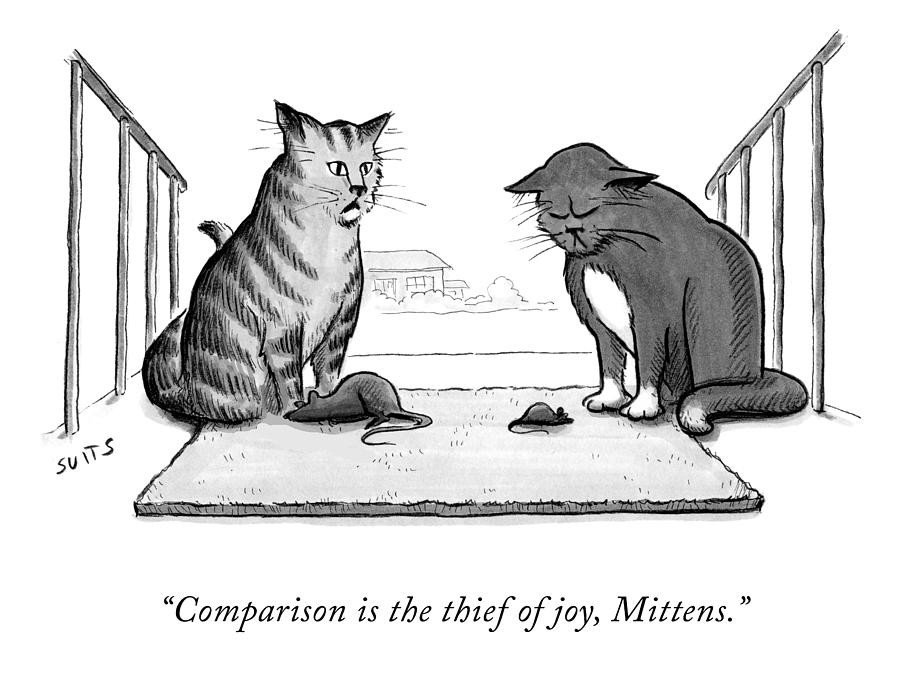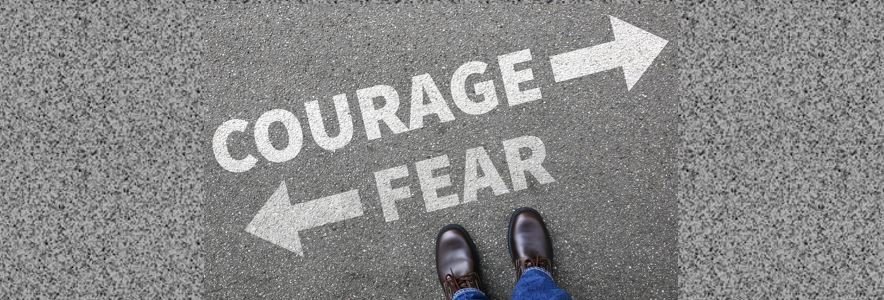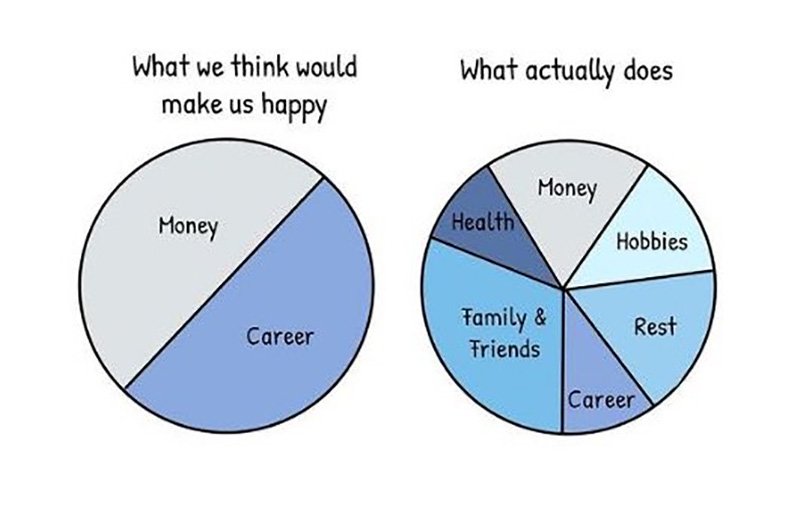“May your troubles be less and your blessings be more, and nothing but happiness comes through your door. Merry Christmas - Glædelig jul - Joyeux noël 🎄🎄. And for those of you who don’t celebrate Christmas, happy holidays.”

“May your troubles be less and your blessings be more, and nothing but happiness comes through your door. Merry Christmas - Glædelig jul - Joyeux noël 🎄🎄. And for those of you who don’t celebrate Christmas, happy holidays.”

© Aleksandr Simonov
Mindfulness is based in Eastern philosophy, and has been describes as deliberately seeing what is in front of you, being fully present, and noticing what you’re doing, thinking and feeling in the moment. Mindfulness is gaining recognition as an approach to business and to risk management. From my perspective, meditation continually teaches me how to develop a different relationship to my thoughts and emotions. When my mind gets distracted by the commentary, I try to refocus on the being, in other words the present moment. Focusing on these micro moments are the key to mindfulness and has helped me reprogram my stress response. More present, more aware, less wound-up, less reactive and this has a huge effect on how I deal with situations around me.
“The older you get, the more quiet you become. Life humbles you so deeply as you age. You realise how much nonsense you’ve wasted time on.”

It’s a common myth that getting fit is only about eating healthy and exercising. In reality, creating a healthy lifestyle and maintaining it is also about being able to keep a positive attitude, strong mental health and a healthy self-image. Here are some key factors to keep in mind:
Get more sleep
Find time to exercise
Drink more water
Eat less sugar
Do not respond to negativity
Write more
Remove clutter
Make your bed
Be patient
Listen more
Laugh loudly
Breathe deeply
Stay calm
Be honest

As humans, we are always comparing ourselves to each other and when we compare ourselves to others, we may be left with feelings of inferiority or superiority, I have always said comparisons are the theft of joy. Era comparisons are the most fruitless of conversations given the differences in variables on aspects such as science, tactics and even technology.
“Comparison is the thief of joy.”

The University of Virginia psychologist, Jonathan Haidt introduced me to a compelling elephant-rider analogy for thinking about behaviour change. Haidt argues that we have two sides: an emotional side (the elephant), and an analytical, rational side (its rider). Haidt's analogy has it that the rider is rational and can therefore see a path ahead while underneath him, the elephant provides the power for the journey. If the elephant chooses to go in another direction, is there anything the rider could do to stop it? From a pure physics standpoint, the answer is obviously “no”. The reality is the rider is not in charge, the elephant is and chooses to go where the rider wants to go. I think the big take away from this is in life, the rider is in the head and the elephant is in the heart. And it’s a useful framework for understanding the duality of human decision making.

Today is my father’s 85th birthday and to mark the occasion I would like to recognise some of his good qualities:
Appreciate the people who tell you the truth.
Appreciate the people who expand your mind.
Appreciate the people who forgive you first.
Appreciate the people who open doors for you.
Appreciate the people who make you laugh.
Appreciate the people who inspire you to grow.

I wrote this back in November 2017 around data.
Big statement as an analogy: “Data is the new oil; analytics is the refinery for the data and intelligence is the fuel.” Data for data’s sake is interesting, with good hypothesis in you’ll get some great information out but with the volume of it, there is no way to go through it without some form of analytics. And there is no way that you can do something unless you are actually the mindset that is willing to think differently from what the intelligence tells you to do, and this may be counter intuitive to what you would have thought. Then you argue with the data and try to get the data to tell the story you want it to tell.

How do you make your work and life more robust?
There is massive value just taking time away from the office to spend time with smart, inspired people as their ideas and energy will influence you. I think we can use nature as an example for us that life is about rebirth and transformation, becoming exactly who we believe ourselves capable to be. This is not only possible, but inevitable, if we let go of the struggle and speediness, and of the need to become our best instantly and without journeying through several unique stages. Nature’s metaphor releases us from a sense of battling against our circumstances and invites us to rely upon an innate, perhaps universal, order and timing.
“To have the results that very few have, we must be willing to start doing the things that very few are willing to do.”

Some have argued that courage should include overcoming a fear, while others have suggested that fear may or may not be present in the courageous act. Daniel Putnam in his book, “Psychological Courage” from 2004 stated that "courage involves deliberate choice in the face of painful or fearful circumstances for the sake of a worthy goal."
The 6 types of courage
Physical Courage
To keep going with balance, resilience, and awareness.
Social Courage
To be yourself unapologetically.
Moral Courage
Doing the right thing even when it’s uncomfortable or unpopular.
Emotional Courage
Feeling all your emotions both positive and negative without guilt or attachment.
Intellectual Courage
To learn, unlearn and relearn with an open and flexible mind.
Spiritual Courage
Living with purpose and meaning through a heart centered approach towards all life and oneself.
Throughout my life people with guts have been solving problems, so I think courage is the choice and willingness to confront uncertainty, intimidation, danger, and pain.

No matter the risk or failures, keep going and never give up, if you never give you must succeed. I think the first part of courage is the courage to start, to face failure and rejection with the great possibility that it will not work out and you will feel embarrassed and upset. And the second part of courage is persistence, it’s the power to keep going, to keep pushing and driving yourself.
Don’t be afraid to disrupt the status quo, and to me, status quo means mediocrity and lack of ingenuity. We are all one action or one decision away from creating a better future and changing an outcome for ourselves. Contact me via e-mail when you’ve muscled up the courage to stand for something bigger than yourself and mean it.

You did not choose your:
1. Birthplace
2. Skin colour
3. Birth parents
4. Birth gender
5. Birth language
6. Birth name
7. Ethnicity
8. Born abilities
You can choose to be:
1. Humble and kind
2. Generous
3. Gracefully honest
4. Grateful
5. Respectful
6. Optimistic
7. Unselfish
8. Self-aware

I think confidence builds competence and it helps us to continue to improve and move from “I know how” to “I’ll try” to “I am doing it.” A lack of confidence can hold people back from reaching their full potential. Without confidence we won’t overcome discouragement, disappointment and challenges, and we likely won’t practice. And if things don't work out at first, confidence helps us try again and directly contributes to a more positive attitude and expectancy which are contagious and can help those around us grow too.
“An artist is not paid for his labour but for his vision.”

Intelligence is the ability to change your mind when presented with accurate information that contradicts your belief.
Closed mindset
Talking
Argumentative
Taking
Arrogant
Defensive
Blaming
Rigid
Open mindset
Listening
Empathetic
Giving
Humble
Collaborative
Educating
Adaptive

Those only who are happy are those who have their minds fixed on some object other than their own happiness. For example, the happiness of others, on the improvement of mankind, even on some art or pursuit followed not as a means but as itself as an ideal end. It means by aiming less at something else they find the way. I think your success in life depends on your ability to make good decisions. Your happiness depends on your ability to not care about the outcomes.

I think that there are three things you must always ask yourself before you say anything:
Does this need to be said?
Does this need to be said by me?
Does this need to be said by me, now?

“Never confuse education with intelligence. Intelligence isn’t the ability to remember and repeat, like they teach you in school. Intelligence is the ability to learn from experience, solve problems, and use our knowledge to adapt to new situations.”

“To be old and wise, you must have been young and stupid.” I think that as soon as you understand that nobody owes you anything and you don’t have the right to be heard, seen, or appreciated, it makes it so much easier to let go of all of that. This action will free up all of your brain to do the things that you said you wanted to do in the first place.
It’s an epiphany when you realise that no one owes me anything as when I start believing that you owe me something, then I have signed up for that outcome and the toxic cycle of betting on the outcome. I have gratitude for the freedom that this realisation has given me, and I refuse to dance to the beat of someone else’s drum. I am grateful to those people who have given me the opportunity to do my work.
“The years teach much which the days never knew.”

“Know your options and then make your choices.”

Liz Fosslien ©
I’m in Napoli with my men’s club.
We are Flaneurs and we carried a set of rich associations: the men of leisure, the idlers, the urban explorers, the connoisseur of the street.

F.E.A.R. is an acronym for “False Evidence Appearing Real”.
There's no true threat of immediate physical danger, no threat of a loss of someone or something dear to us, actually nothing there at all. F.E.A.R. is an illusion. Something we fabricate in our own minds and pretend is real. Fear is something normal, your reaction to fear tells you who you are…